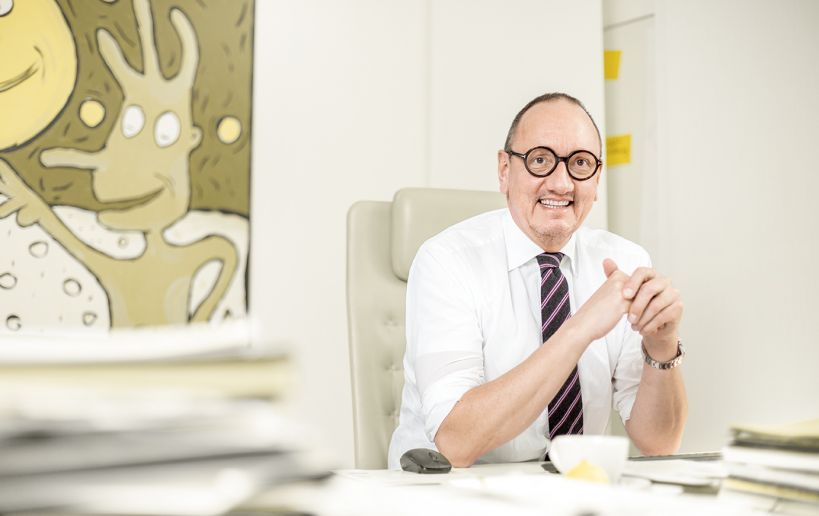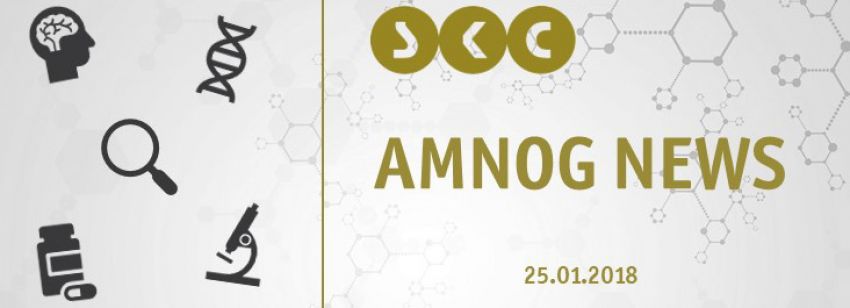G-BA withdraws exception: Early benefit assessment also for medical products with stationary use only
About the author

Prof. Matthias P. Schönermark, M.D., Ph.D.
Founder and Managing Director
Founder and Managing Director
Fon: +49 511 64 68 14 – 0
Fax: +49 511 64 68 14 18
Fax: +49 511 64 68 14 18
In the previous procedure, pharmaceutical companies could apply for an exemption from the AMNOG procedure for new drugs that are used in the inpatient sector exclusively and, as a result, only cause minimal expenditure on the statutory health insurance (SHI) in the outpatient sector. The de minimis threshold (German “Geringfügigkeitsschwelle”) defines a maximum annual turnover rate of one million euros for the product. ’As of now,’ the G-BA stated in the press release, ’pharmaceuticals will be included in a benefit assessment even if their use is restricted to inpatient care.’
The new regulation shall ensure that the reimbursement amount negotiated in the AMNOG procedure is the maximum price for inpatient care as well. It will still be possible to apply for a suspension from the AMNOG-based benefit assessment process for reasons of insignificance. However, now all costs, both outpatient and inpatient, will be combined to assess the threshold of insignificance. This means that the costs that would be refinanced in the inpatient sector via NUB procedures must also be included. From now on, it can therefore be expected that a suspension from the benefit assessment procedure due to low expected costs will only be carried out very rarely.
The adaptation of G-BA’s regulatory framework might be interpreted as a proactive measure preparing for the significant increase in the number of expensive gene therapy approvals for extremely rare disease areas that are anticipated in the coming years. Their costs are expected to be largely incurred in the stationary sector, so they are considered as possible candidates of the now discontinued scheme.
Overall, this leads to a further increase in the complexity of market access for innovative gene therapies in Germany. A synopsis on the currently identifiable challenges of reimbursement for innovative gene therapies was recently published in an article in the magazine ‘Welt der Krankenversicherung’ (10/17) written by Prof. Matthias Schönermark and Ms. Thora Mrosowsky from SKC consulting.
Please click here to read the article in English.
Please click here to read the article in German.
Please click here to read the GBA’s press release (German only).
BY Prof. Matthias P. Schönermark, M.D., Ph.D., Founder and Managing Director, SKC Beratungsgesellschaft mbH
